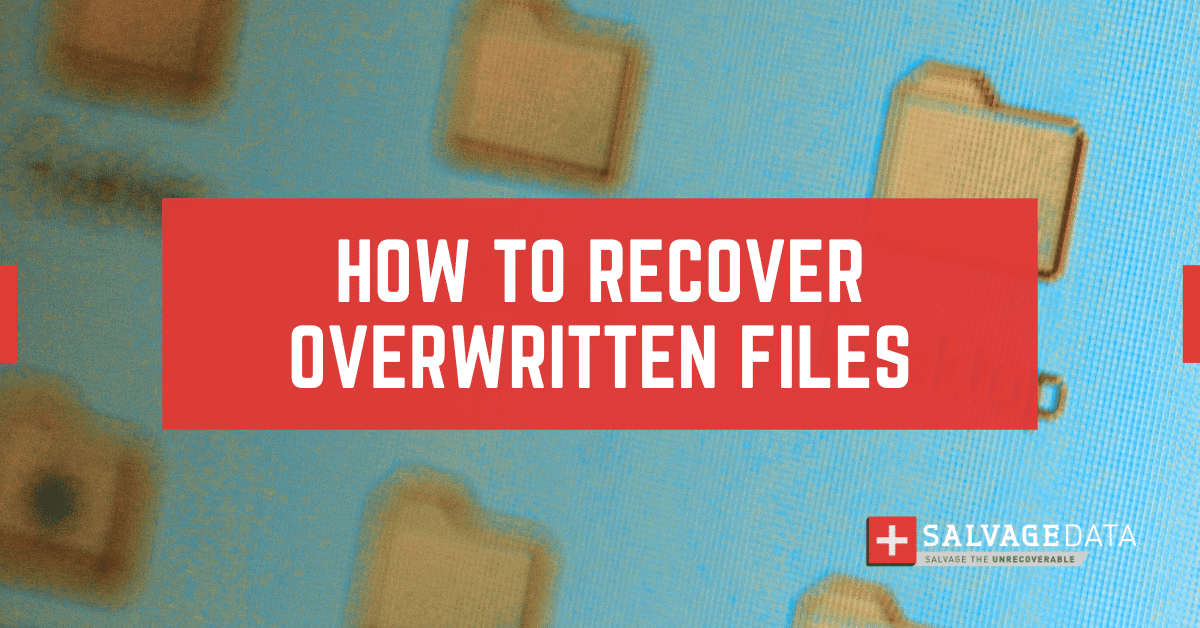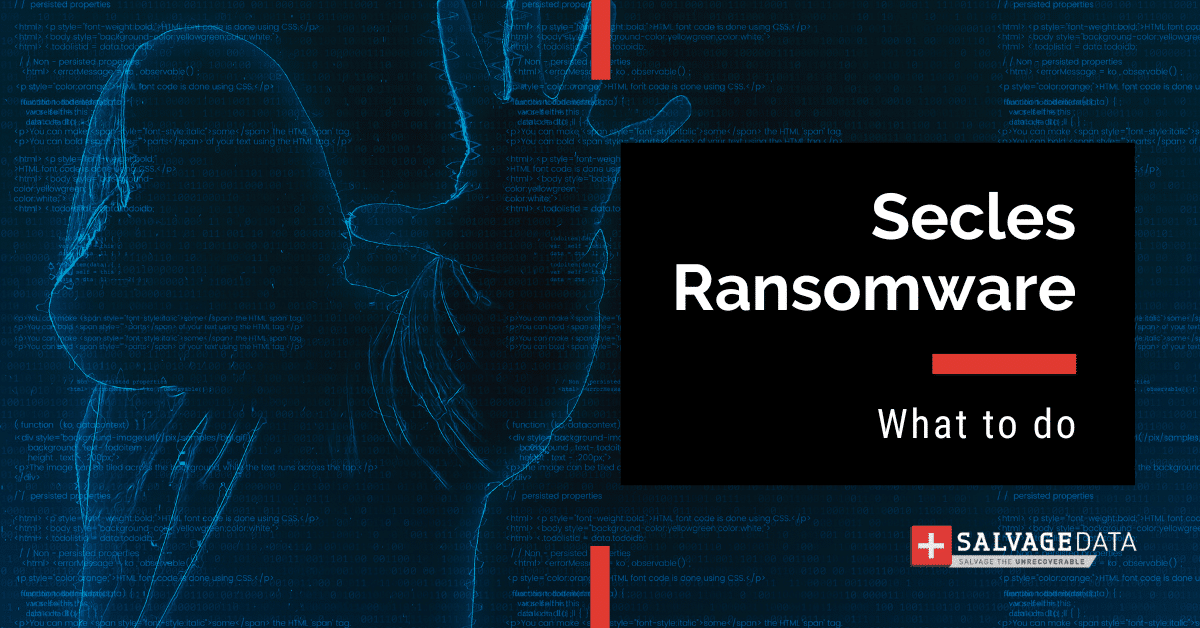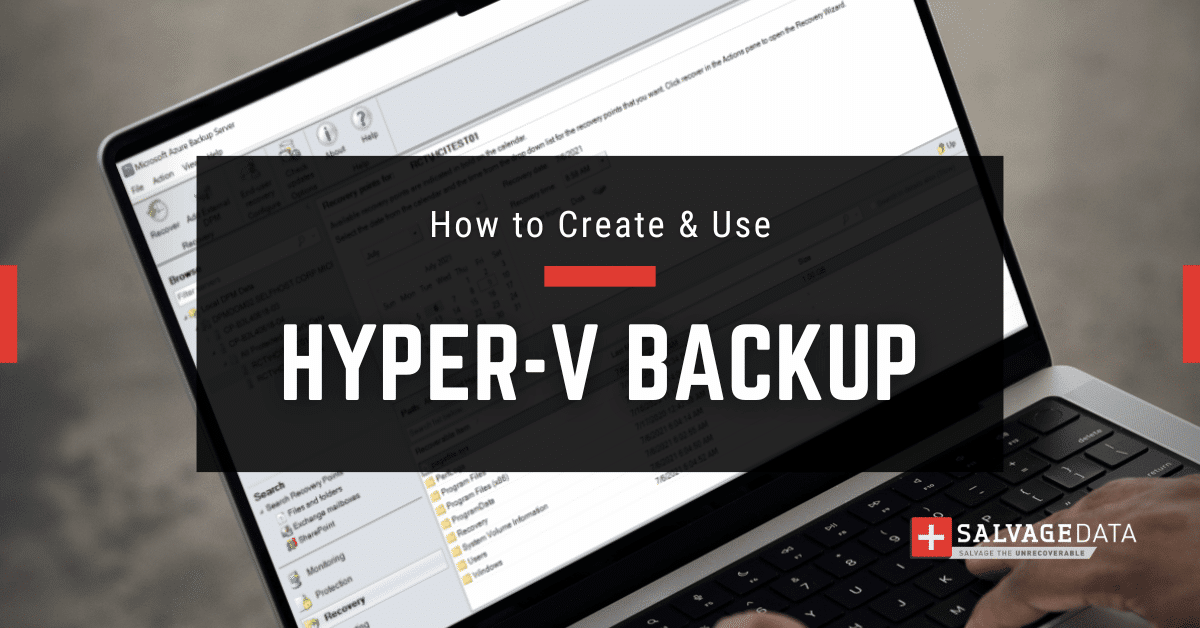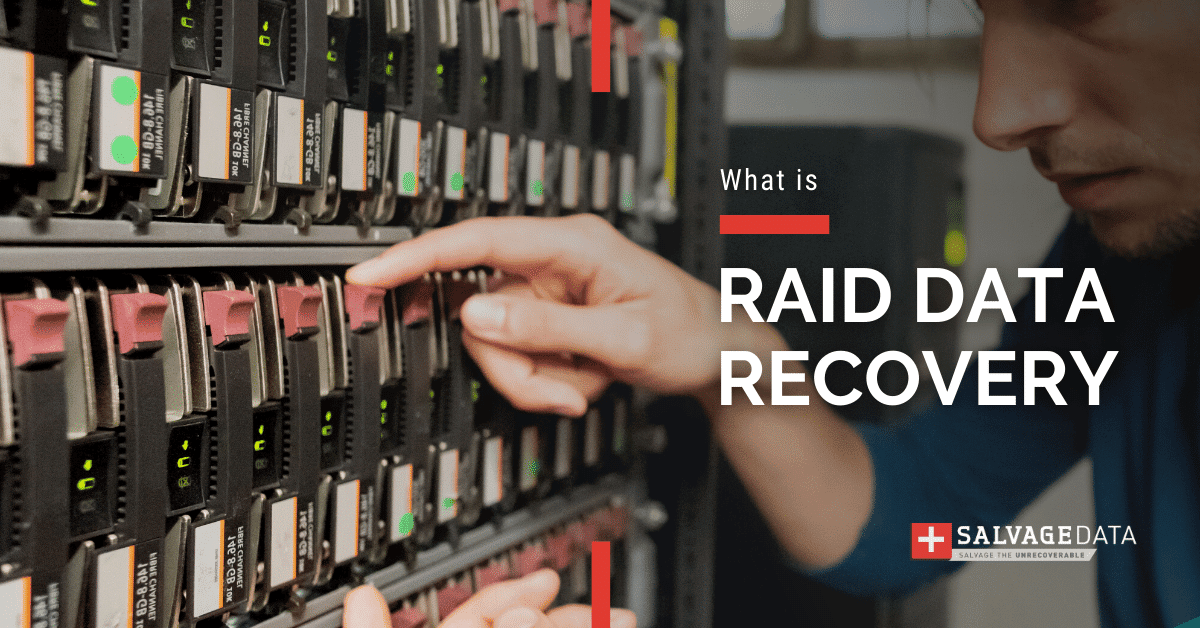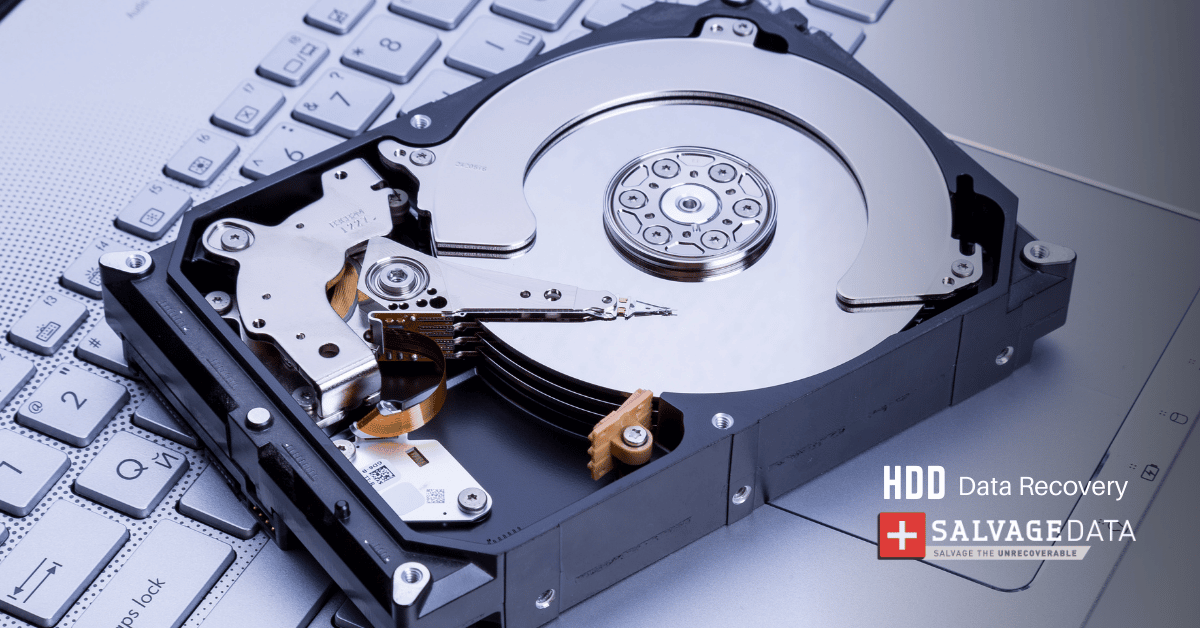Recent Articles
How To Recover Overwritten Files
The Snowflake Data Breach: A Comprehensive Overview
Mac Not Recognizing External Hard Drive: Quick Fix Solutions
How Multi-Cloud Backup Solutions Can Prevent Data Disasters
Capibara Ransomware: What is it & How to Remove
What Should a Company Do After a Data Breach: The Ticketmaster Incident
Secles Ransomware: Removal Guide
What To Do When Your Chromebook Freezes
How to Create Hyper-V Backup
What Is The Best Data Recovery Software For PC

I think there's an issue with my storage device, but I'm not sure Start a free evaluation →
I need help getting my data back right now Call now (800) 972-3282
It’s not unusual to get a “History Of Failure” warning sign in your Dell EqualLogic PS Series storage array.
Dell EqualLogic storage arrays are a great option for small businesses because they’re affordable and easy to use. But like all storage arrays, they’re not immune to problems.
History Of Failure message appears when the disk failed before. Usually, the solution is to click on History of Failure and agree to keep using the drive. You may also need to update the array’s firmware.
But if you see this message too often, it’s time to replace the disk. Dell EqualLogic doesn’t support hot-swapping, so you’ll have to schedule some downtime.
You may check your disks on the health status of the disk:
Up status: Online, Spare
Warning status: Alt-Sig, History Of Failures, Replacement
Down status: Encrypted, Failed, Not Approved, Offline, Preempt Failed, Too Small, Unhealthy, Unsupported Version
How to avoid data loss when the disk presents a History Of Failure error
To avoid data loss from a History of Failure warning, you must monitor the disks on your array, checking for any issues, and update your Dell EqualLogic firmware regularly. New versions often include fixes for known issues, including those that can cause data loss.
Making the disk with a history of failure as your spare disk is a quick solution. It prevents complete disk failure and consequent data loss. Then you can replace the disk later. Only remember that the new disk must have the same size as the others on the array in order to work properly.
Updating your Dell EqualLogic RAID firmware
Step 1. Download the latest Dell EqualLogic RAID firmware from the Dell support website. If you don’t have an account yet, you’ll have to create an account to access the firmware update kit.
Step 2. Decompress the file and run it.
Step 3. Follow the instructions in the wizard to update your Dell EqualLogic RAID firmware.
How to fix the disk with a History Of Failure error
If you’ve determined that the disk with a History of Failure is the cause of your Dell EqualLogic PS Series storage array problems, you have two options:
- Try to fix the disk. Dell EqualLogic provides a utility called Disk Fixup. This tool runs diagnostics on the disk and attempts to repair any errors it finds. And you can also try to update the firmware to fix the disk with the history of failure error.
- Replace the disk. As mentioned before, Dell EqualLogic doesn’t support hot-swapping, so you’ll need to schedule some downtime. But replacing the disk is often the best solution in the long run. But replacing the disk is often the best solution in the long run. Do it as soon as you can. A disk with a History of Failure can stop working at any moment, leading to complete data loss.
- Contact a data recovery service. If you can’t manage to fix the disk and replacing the disk can’t solve your data loss problem, then you’ll have to contact a RAID recovery expert. SalvageData has high-end technology labs and RAID experienced engineers.

TL; DR: History of Failure RAID disk error is a warning sign. It can lead to further damage and data loss. Always check your Dell EqualLogic RAID array disk status to avoid any issues. Remember to keep the firmware updated to prevent errors. And set scheduled backups of your data to a secure storage device.
If you’re having problems with your Dell EqualLogic RAID array disks or want to prevent data loss, contact SalvageData at any moment. Our experts can help you with a data recovery emergency plan or restore the data of your failed disk.

